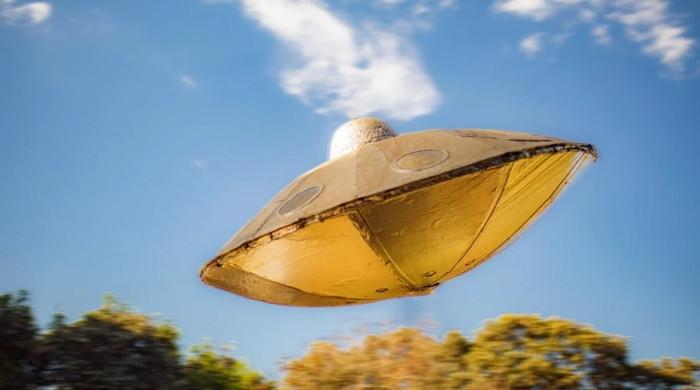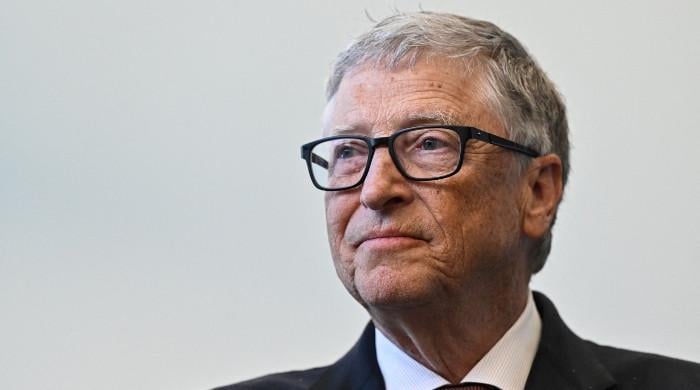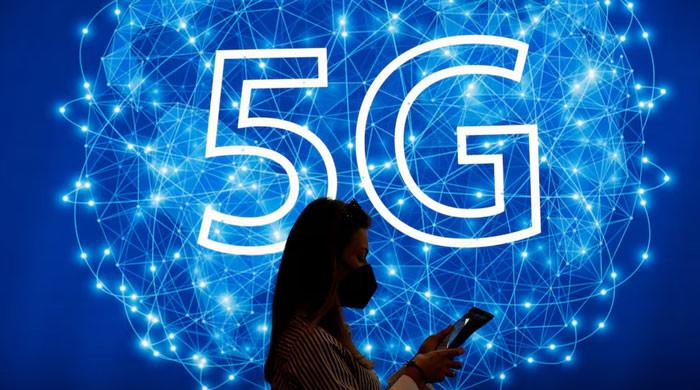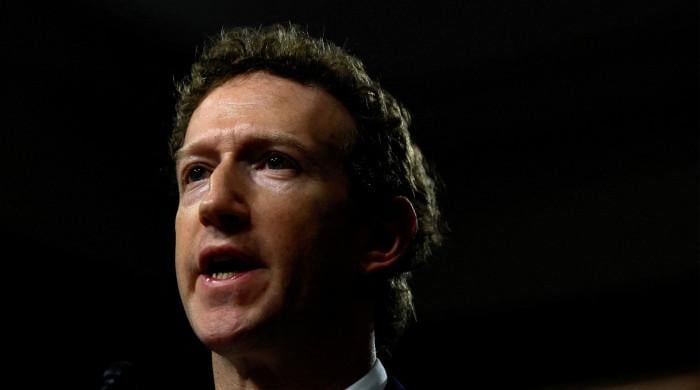Why some US States are banning TikTok
TikTok expressed its disappointment with several state and federal officials' conduct
December 17, 2022
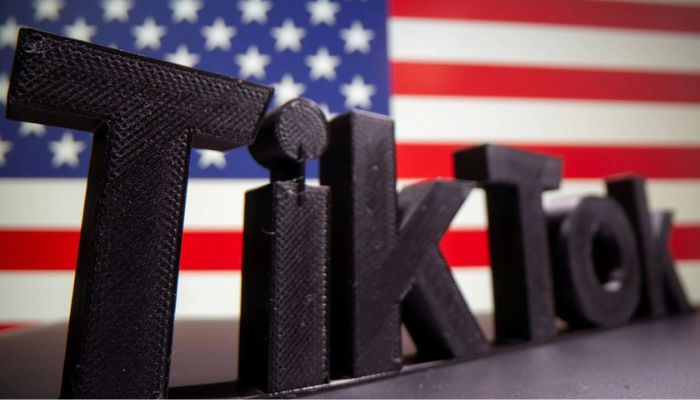
Due to the FBI director's assertion that TikTok poses a threat to national security, the social media app was already being closely scrutinised by the federal government. The governors of Georgia and Virginia have since launched legal action against the business.
Friday saw the release of an executive order by Virginia Governor Glenn Youngkin that forbade the use of WeChat and TikTok on state-owned cellular networks and devices.
"TikTok and WeChat data are a channel to the Chinese Communist Party, and their continued presence represents a threat to national security, the intelligence community, and the personal privacy of every single American," Youngkin said in a press release.
"We are taking this action today to protect state government data and wireless networks from the risk of intrusion, and to guarantee that we maintain state government cybersecurity."
On Thursday, Georgia Governor Brian Kemp issued a directive prohibiting TikTok on state-owned technology.
TikTok expressed its disappointment with several state and federal officials' conduct. In an email, a company representative stated that the organisation is prepared to implement solutions created with the assistance of national security organisations "to further secure our platform here in the United States."
In the beginning of December, Todd Rokita, the attorney general of Indiana, filed two cases against TikTok.
The first claims that the platform "lured youngsters" into the app's content by using profanity, sexual references, or other inappropriate language.
In the second case, the state asserts that TikTok, which is controlled by the Beijing-based company ByteDance, contains sensitive and personal information about Indiana residents and misleads them into thinking their data is secure from the Chinese government.
Attorney General Rokita called the TikTok app "a malicious and menacing threat unleashed on unsuspecting Indiana consumers by a Chinese company that knows full well the harms it inflicts on users".
The lawyer added that with these two lawsuits, they wanted to put an end to TikTok's illegal tactics that are false, fraudulent, and misleading and that violate Indiana law.
According to TikTok, the community's safety and privacy are its primary priorities.
In an email, a TikTok representative said: "We incorporate youth well-being into our policies, restrict features based on age, equip parents with tools and resources, and continue to invest in innovative ways to consume content based on age-appropriateness or family comfort."
The spokesperson also claimed that they have already made great progress toward putting those ideas into practice, and are also confident that they are on a path to negotiations with the US government to fully satisfy any justifiable US national security concerns.
Greg Abbott, the governor of Texas, also took action against TikTok in the first few days of December, urging state organisations to forbid their employees from downloading or using the app on phones, tablets, and laptops. He then gave the Texas Department of Public Safety and Texas Department of Information Resources the task of developing a strategy to combat the risks posed by TikTok usage.
Additionally, he sent a letter to the Texas Legislature's leaders urging them to adopt cybersecurity changes at the next legislative session, which will be held in 2019.
"TikTok harvests vast amounts of data from its users' devices — including when, where, and how they conduct internet activity — and offers this trove of potentially sensitive information to the Chinese government," Abbott wrote in a letter, according to a CNET report.
According to a TikTok representative, false information about the company is "primarily fueling" bans of the app.
TikTok was prohibited from many government-issued phones and the military in 2020 by the Trump administration. The Biden administration has maintained that prohibition since then. The CIA acknowledged in 2020 that the Chinese government may intercept user information, but there was no evidence of that happening.





